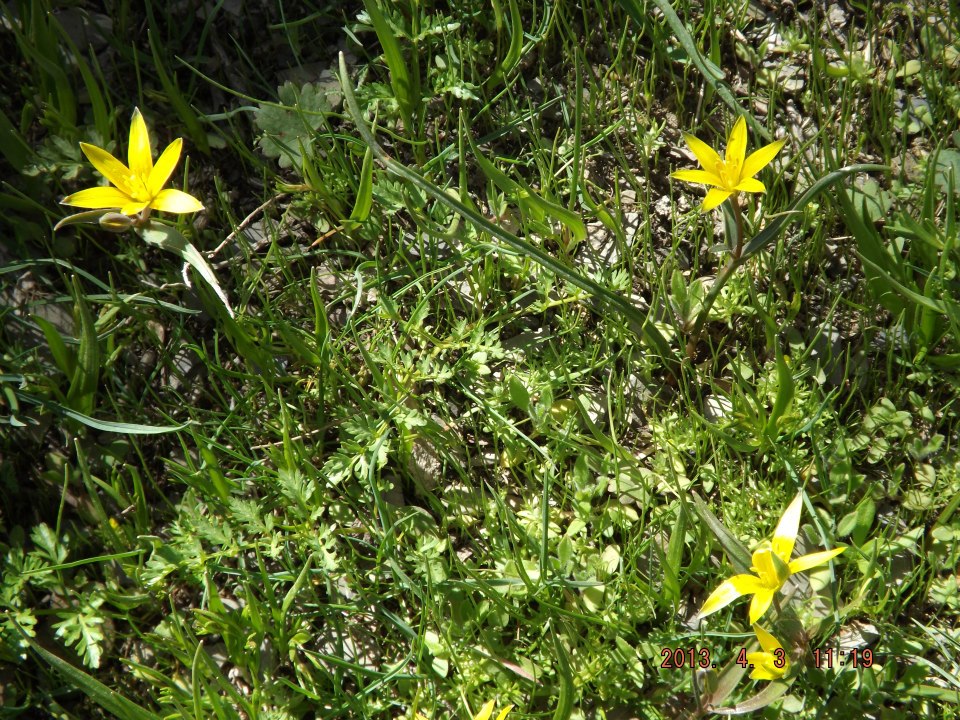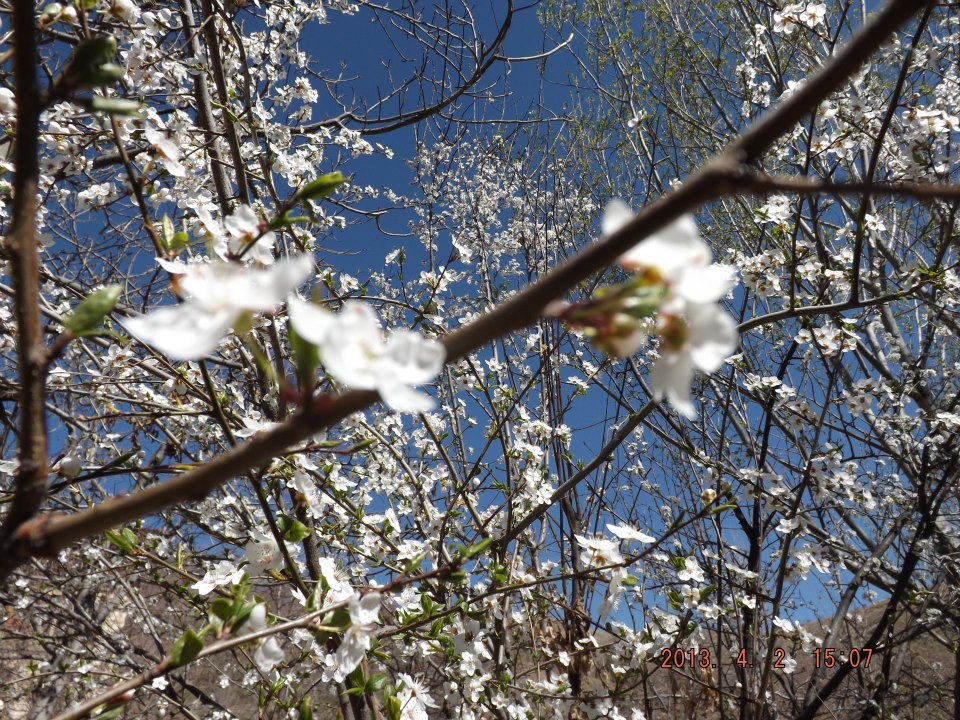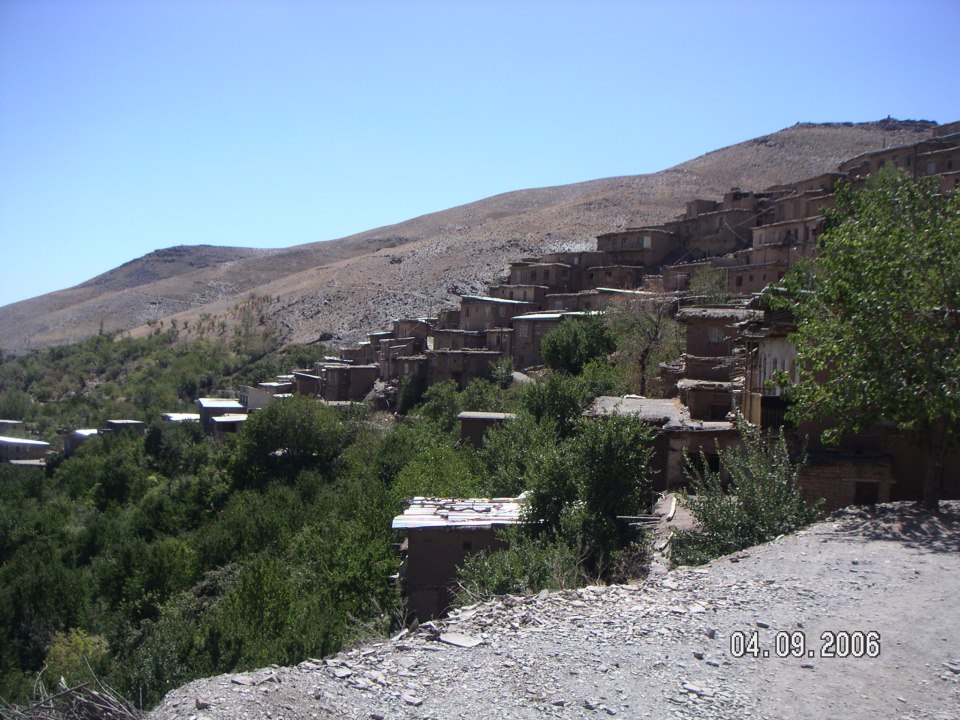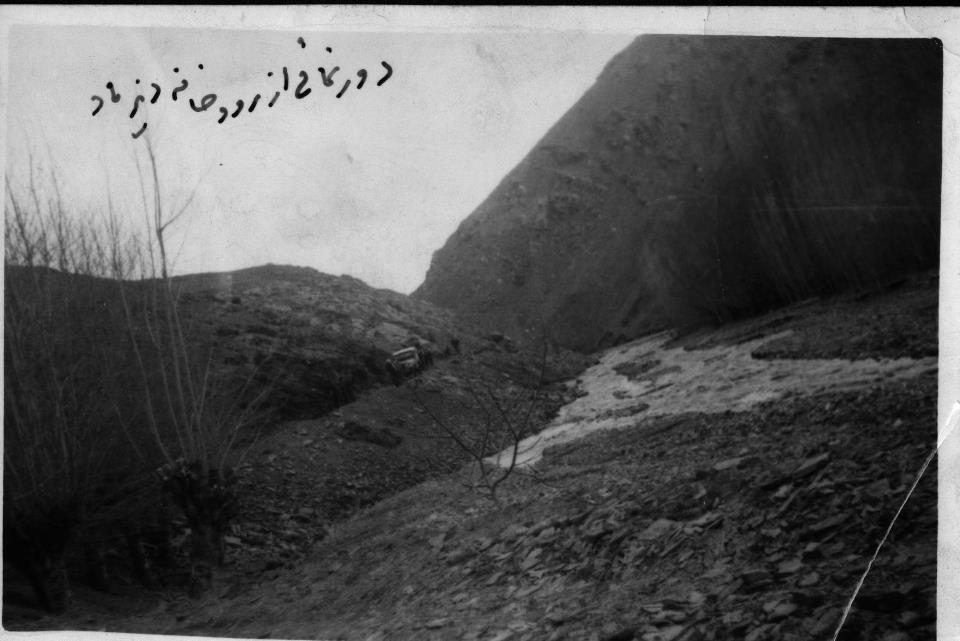
دیزباد وطن ماست
سایت رسمی روستای دیزباد علیا (بالا) از توابع شهرستان نیشابور در استان خراسان رضوی ایران.
دیزباد وطن ماست
سایت رسمی روستای دیزباد علیا (بالا) از توابع شهرستان نیشابور در استان خراسان رضوی ایران.Fidai Khorasani

Some Resources about Dizbad
Please check the Below resources and tell us about how we can access to these.
Hossein Davoudi, Dizbād: A Staircase to History, in Persian, Jadid Online, 2008, http://www.jadidonline.com/story/15082008/frnk/dizbad.
A Slide Show of Dizbād, by Hossein Davoudi, Jadid Online, 2008, http://www.jadidonline.com/images/stories/flash_multimedia/Dizbad_test/dizbad_high.html (5 min 39 sec).
Note: Dizbād is a small village between Mashhad and Neyshābūr, located at some 40 km distance from Mashhad.
For More Information please check the Dizbad.

VoIP Products Dizbad-e `Olya

The Dizbad School in Ismailism: Traditions and the Present Day
Dizbad Vatan e Mast, offer this Article to those who are interested to read more about Dizbad from foreign languages.
Saidanwar SHOKHUMOROV
Saidanwar Shokhumorov, Learned Secretary, Institute of Oriental Studies and Written Sources, Academy of Sciences of the Republic of Tajikistan

Ismailism is one of the largest trends in Islam today with over 20 million followers scattered all over the world and concentrated in larger numbers in India, Pakistan, Afghanistan, Tajikistan, Tanzania, Kenya, the Persian Gulf countries, Iran, the Lebanon, Syria, the U.S., Canada, Great Britain, France, and other countries. One of largest Ismailite communities is found in Tajikistan, in Gorny Badakhshan.
If you Want see Dizbad, Please check the more...
***
ادامه مطلب ...
Dizbad inThe Ismaili History
This article wrote by Ibrahim Machiwala who is a famous historian. I suggest you to read it carefully and notice, if you find anything in the opposite with your Idea.
Dizbad vatane Mast invite you to write more about Dizbad and send it to us to publish for all Dizbadi members who usually check "Dizbad Vatane Mast".
"Tradition has it that Imam Muhammad bin Ismail left Medina and went to southern Iraq, where he acquired the epithet of al-maktum (veiled one), and then at Nishapur in disguise, where he lodged for some times. Afterwards, the Imam proceeded towards Ray, about 15 miles from Tehran. Ishaq bin al-Abbas al-Farsi, the Abbasid governor of Ray professed Ismailism. Imam betrothed to Fatima, the daughter of Sarah, sister of Ishaq bin al-Abbas. When the news of Imam Muhammad bin Ismail's stay at Ray reached the ears of Harun ar-Rashid, he wrote to Ishaq bin al-Abbas, ordering to arrest the Imam and send him to Baghdad. Upon receipt of caliph's letter, he showed it to the Imam and replied to the caliph that he found no trace of the Imam, and would send as soon as he was arrested, and thus he tried to put the caliph off the scent. But the spies planted by Baghdad reported to the caliph that Imam Muhammad bin Ismail not only was living at governor's house, but that he was operating his mission from there. Upon this, the caliph wrote another letter to Ishaq bin al-Abbas, impugning him to come in person with his forces if his orders were not obeyed forthwith. The governor however made his usual reply. Meanwhile, the complaints about Ali bin Musa bin Mahan, the governor of Khorasan reached the point where Harun ar-Rashid could no longer ignore them, and adopted a militant stance. In 189/805, he marched towards Ray with a detachment of his army, and after searching for the Imam through a tracking party, ordered to arrest Ishaq bin al-Abbas. Ishaq died as a result of severe torture inflicted upon him, and was rigorously flogged till death. He did not waver and stood steadfast in spite of excruciating tortures. In spite of the gloomy situation, his faith remained unshakable.

ادامه مطلب ...